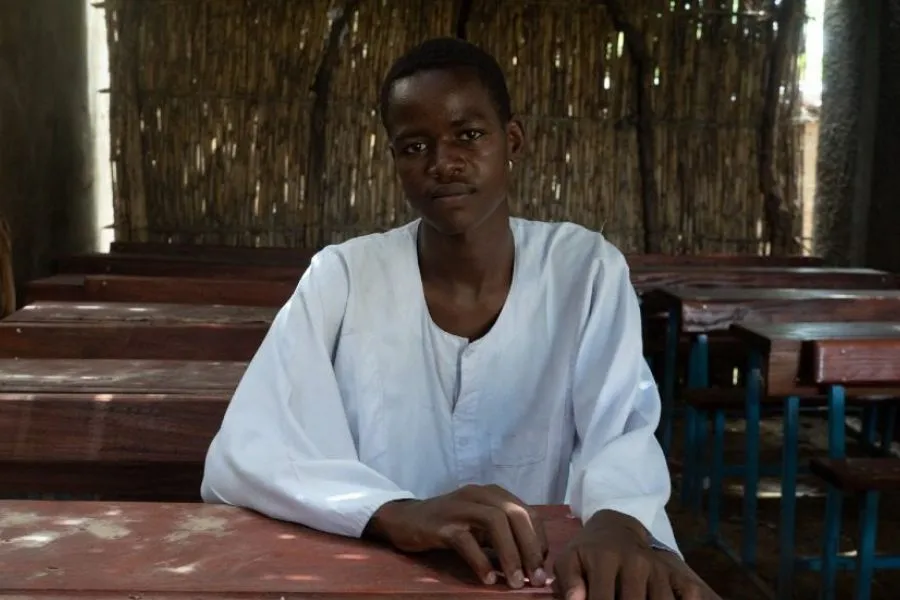N'Djamena, 20 September, 2023 / 6:06 pm (ACI Africa).
The Jesuits Refugee Service (JRS) is realizing a formal education initiative targeting refugees in Chad through what the officials of the entity of the Society of Jesus (Jesuits) have described as “a multidisciplinary approach”.
In a Tuesday, September 19 report, JRS officials say they are reaching out to those who dropped out of learning institutions through an “accelerated education” program in view of “leaving no one behind”.
“We are building classrooms and temporary learning spaces in both the new and old camps,” JRS Chad Secondary Education Project Coordinator, Maria Valan, is quoted as saying in the report in which he provides details about the adopted approach.
Officials of JRS in the country at the crossroads of North and Central Africa have "developed and implemented a multidisciplinary approach, which includes training on different educational curricula, inclusive education, psychosocial support, and social cohesion," Valan says.
“With the aim of leaving no one behind, in addition to preparatory classes for the new children who will be integrated into the Chadian education system, we are also providing accelerated education to those students who have dropped out of school in the past and will be integrated into formal education later," the JRS official in Chad adds.







